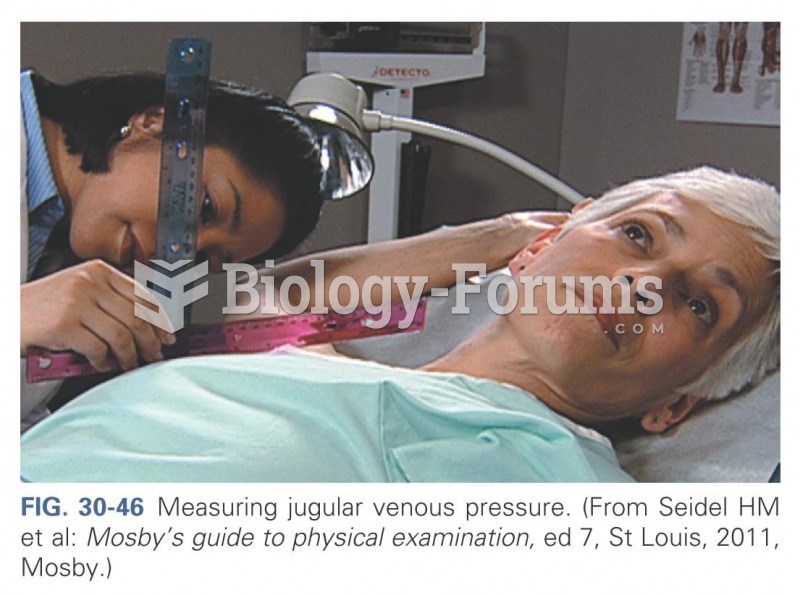|
|
|
Serum cholesterol testing in adults is recommended every 1 to 5 years. People with diabetes and a family history of high cholesterol should be tested even more frequently.
The highest suicide rate in the United States is among people ages 65 years and older. Almost 15% of people in this age group commit suicide every year.
Though methadone is often used to treat dependency on other opioids, the drug itself can be abused. Crushing or snorting methadone can achieve the opiate "rush" desired by addicts. Improper use such as these can lead to a dangerous dependency on methadone. This drug now accounts for nearly one-third of opioid-related deaths.
Your heart beats over 36 million times a year.
The types of cancer that alpha interferons are used to treat include hairy cell leukemia, melanoma, follicular non-Hodgkin's lymphoma, and AIDS-related Kaposi's sarcoma.
 To measure engine oil pressure, remove the oil pressure sending (sender) unit usually located near ...
To measure engine oil pressure, remove the oil pressure sending (sender) unit usually located near ...
 Extracorporeal shock-wave lithotripsy. Acoustic shock waves generated by the shock-wave generator ...
Extracorporeal shock-wave lithotripsy. Acoustic shock waves generated by the shock-wave generator ...





